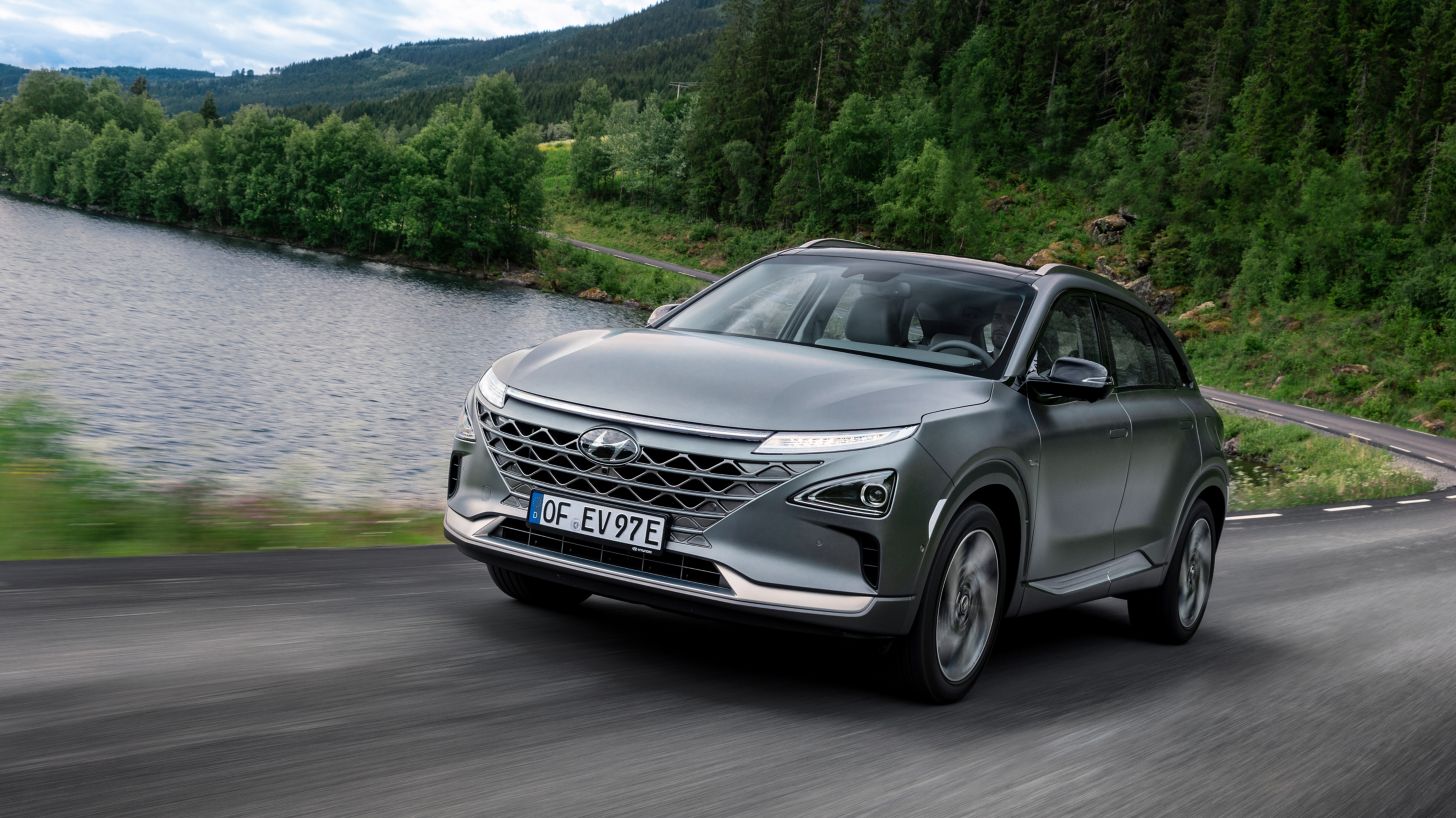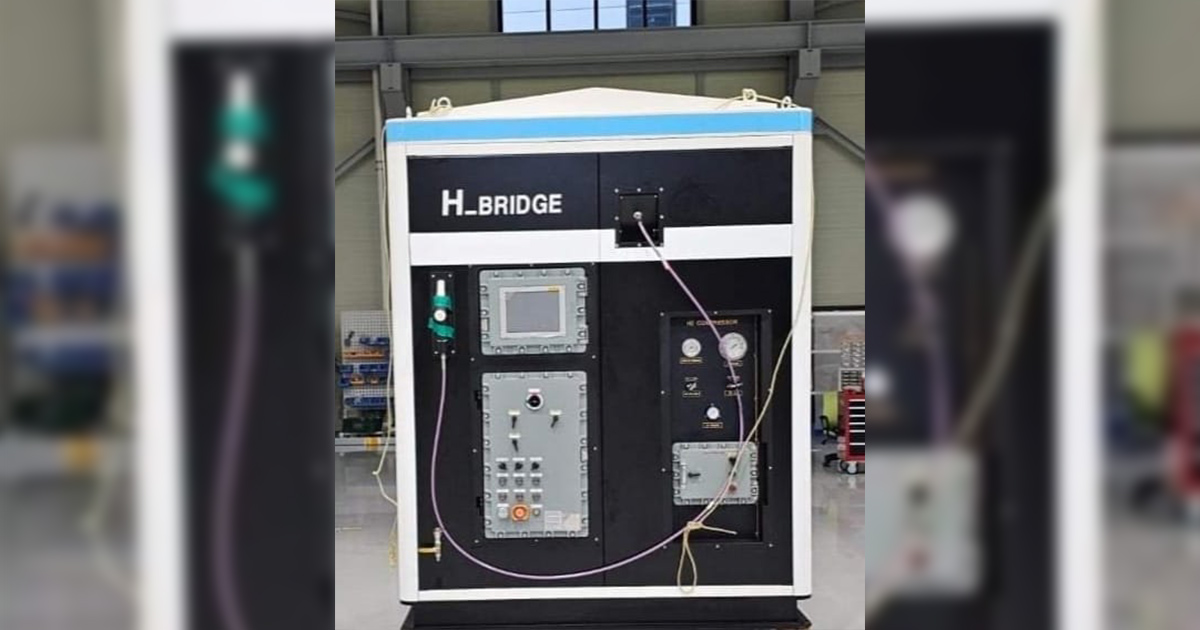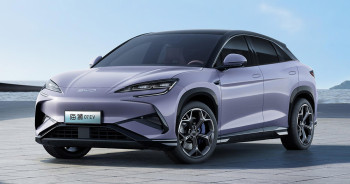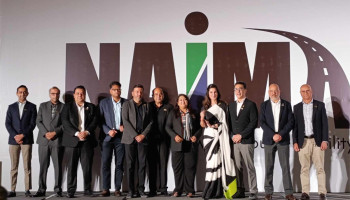Hydrogen cars have made their debut in Nepal for the first time, as the Green Hydrogen Lab, under Kathmandu University, with technical support from Nepal Oil Corporation, has imported the Hyundai Nexo hydrogen-powered SUV along with a refuelling station. This initiative aims to assess the feasibility of hydrogen-powered vehicles in Nepal.
Kathmandu University's Green Hydrogen Lab specializes in studying and conducting research in the field of hydrogen energy. Approximately three years ago, Nepal Oil Corporation and Kathmandu University signed an agreement to support research in hydrogen energy, with the Corporation pledging Rs 5 crore for this purpose.

Hyundai's Nexo is a fuel-cell electric vehicle and represents the pinnacle of Hyundai's expanding eco-vehicle lineup. This innovative FCEV only emits water vapour as a by-product of the chemical reaction between hydrogen and oxygen, which generates electricity. The Nexo boasts an impressive driving range of up to 666 kilometres according to WLTP standards and can be refuelled in less than five minutes. According to Dr. Biraj Singh Thapa of the Green Hydrogen Lab, the Hyundai Nexo is also available for test drives at Kathmandu University.

Despite hydrogen's potential as a solution for decarbonizing society, the storage and distribution of hydrogen pose challenges in the realm of hydrogen transportation. Because hydrogen has low density, it must be compressed or liquefied to reduce its volume and enable efficient transportation.
However, the introduction of hydrogen-powered vehicles in Nepal holds the promise of significantly reducing greenhouse gas emissions and promoting clean, sustainable transportation.















